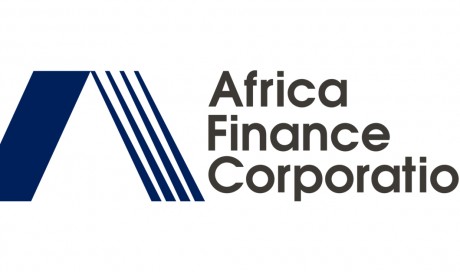Feige: In my seven years, from 2000 to 2007, before we started Marvel Studios, you can see movies that worked and the movies that didn’t work. Well, we suggested this, but they didn’t listen.
Favreau: What the studios had done, typically, is ignore the core fans because they only represent a small fraction of the potential audience and focus on the mainstream audience. Kevin had had the experience of partnering with other studios and he had had the frustration of those concerns being ignored.
Feige: We didn’t have the control. I hated that. I remember thinking, If something’s not going to work, I’d rather it be because we had what we thought was a good idea and it just didn’t work, versus, we were unable to convince the decision-maker to do x, y, or z.
Arad: Yeah, we got a piece of the movies, we got revenues from toys and merchandising and so on, but why are we taking, relatively, a small fee off a movie, especially in the good DVD days? We started the process of thinking about [starting Marvel Studios]. It was scary for some of my colleagues. None of them was involved in entertainment, so they just were terrified of the idea.
Feige: I always sort of believed that we could do it ourselves from a creative point of view and a management point of view. From a funding point of view is a whole other story, and that’s where David Maisel and Avi put together what became the financing to become Marvel Studios, which I was very happy about because that meant we got to make the calls. For as much pressure as that was to say, “Can you go from single-handedly”—I don’t mean me, I mean the studio—”single-handedly producing zero movies on your own to producing two movies in 2008?” I said yes, because what else am I going to say? No?
STARTING WITH IRON MAN
Arad: The first we made was Iron Man. . . . [New Line] didn’t know what to do with it. I don’t want to put anybody’s name on it, because if they missed it, they just didn’t get it, and that’s totally legitimate. And we had two movies to start with. We had that and we had Hulk with Universal. The key issue was Hulk was known, so we thought it gives us a leg up. We had the relationship with Universal, specifically on Hulk. All of these movies were licensed when I was 11, and I’m 70 now. All of these things were old deals, weren’t good deals.
Feige: We didn’t have Spider-Man. We didn’t have Fantastic Four. [We had] the B-list characters—that was the L.A. Times or somebody’s headline. I never really thought that because I knew that Iron Man was really cool and Hulk was, arguably, next to Spider-Man, the biggest character we had. I thought they all had amazing potential, but the goal was deliver these two movies, and make the best Iron Man film we could, and make the best version of Hulk, even coming five years after another version of Hulk. It wasn’t, this is the first of a 22-movie cinematic saga.

...[ Continue to next page ]
Share This Post














